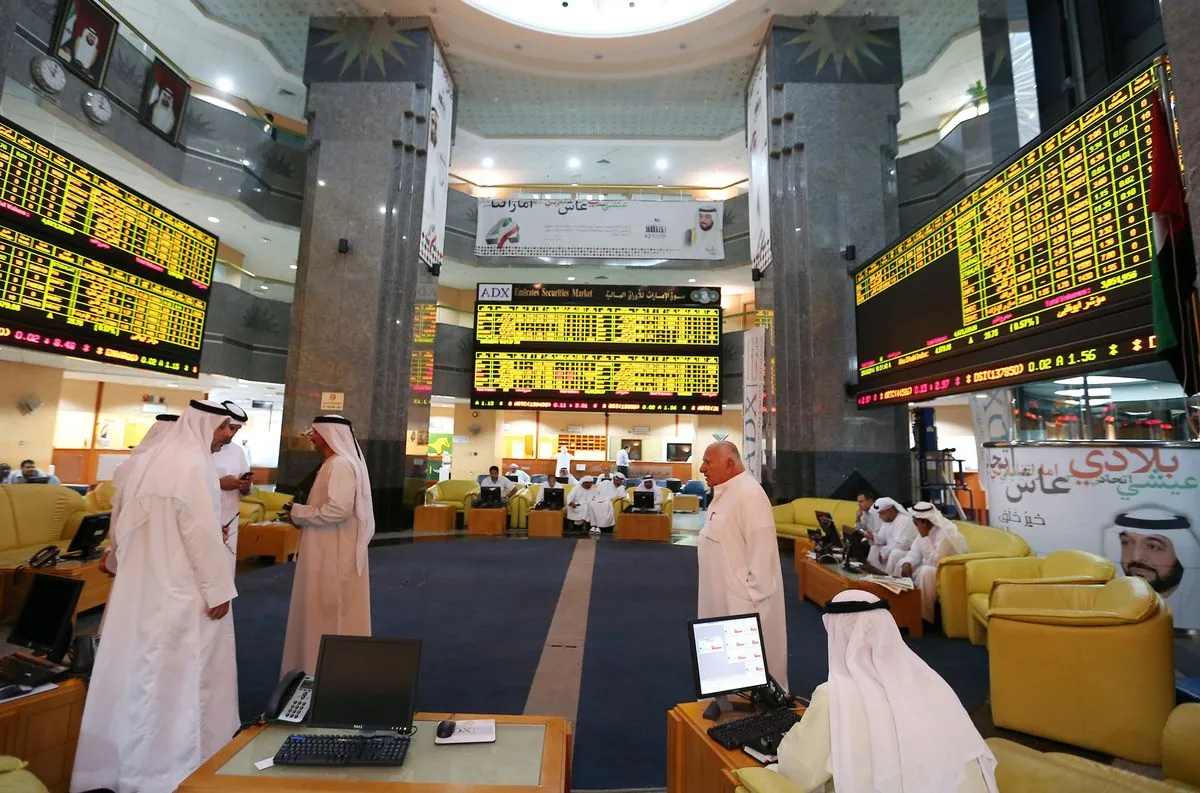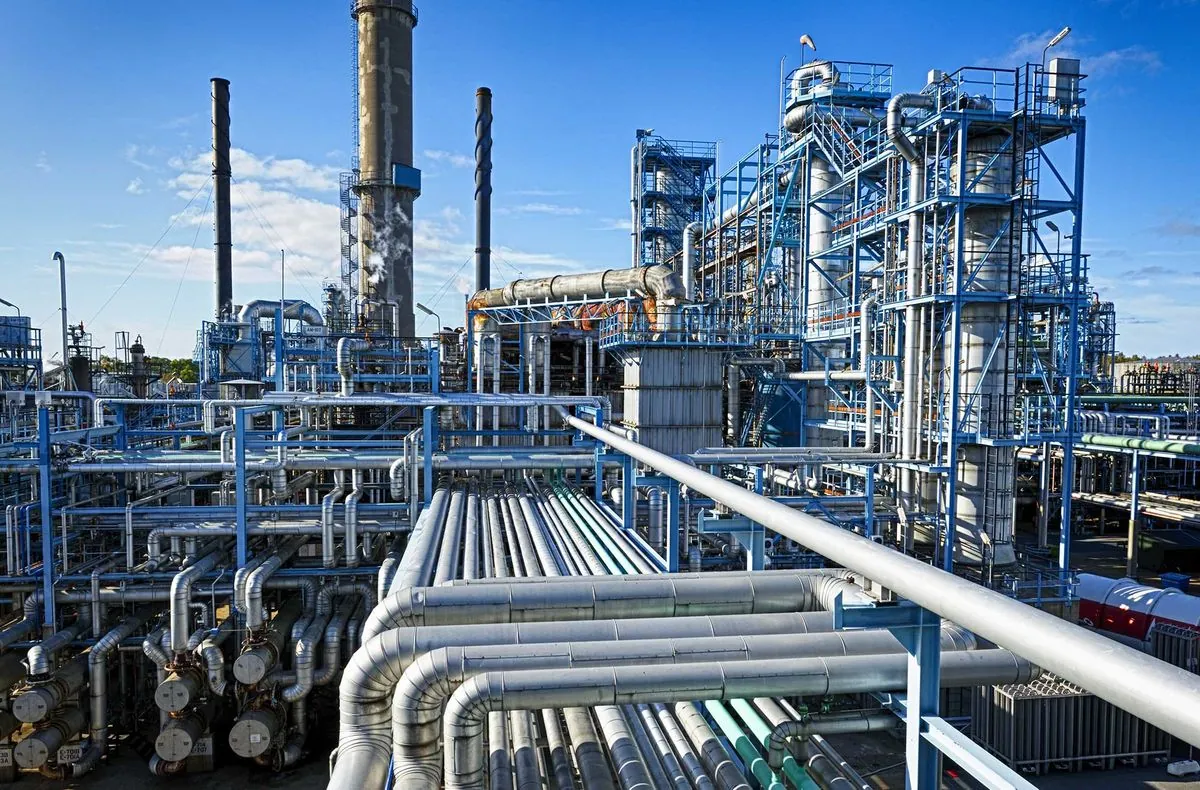Gulf Markets Rebound as Recession Fears Ease; Aramco Expands Stake in Petro Rabigh
Gulf stock markets show signs of recovery following global sell-off. Saudi Aramco reports strong Q2 profits and acquires larger stake in Petro Rabigh joint venture with Sumitomo Chemical.

Gulf stock markets demonstrated resilience on Wednesday, August 7, 2024, as they continued to recover from a recent global sell-off triggered by concerns over a potential U.S. recession. This rebound comes as Federal Reserve policymakers downplayed fears of an economic downturn, despite weaker-than-expected employment data from July 2023.
Market sentiment has shifted, with the CME FedWatch tool indicating a 65% probability of a 50 basis point interest rate cut by the Federal Reserve in September 2024, down from 85% the previous day. This adjustment reflects a more cautious outlook on the U.S. economy's trajectory.
The interconnectedness of Gulf Cooperation Council (GCC) economies with U.S. monetary policy is evident, as most regional currencies maintain a peg to the U.S. dollar. This relationship underscores the importance of Federal Reserve decisions for the six-member GCC bloc.
In Saudi Arabia, the Tadawul All Share Index (TASI) saw a 0.8% increase, with Saudi Aramco, the world's largest oil company by market capitalization, leading the charge with a 1.7% gain. The energy giant recently announced a significant move, acquiring a 22.5% stake in Petro Rabigh from Sumitomo Chemical for $702 million. This strategic decision aims to revitalize the joint venture, which has faced financial challenges.

Saudi Aramco's financial performance remains robust, with the company reporting a second-quarter net profit of 109.01 billion riyals ($29.04 billion) for 2023, surpassing analyst expectations.
Dubai's stock market also showed signs of recovery, with the Dubai Financial Market General Index (DFMGI) rising 2%. Emaar Properties, a blue-chip developer, led the gains with a 4.2% increase. The emirate's economic outlook appears positive, with Dubai International Airport, the world's busiest for international passenger traffic, projecting record-breaking numbers for 2024 following an 8% year-on-year increase in the first half of 2023.
Abu Dhabi's market followed suit, with its index adding 1.4%. However, Qatar's benchmark index experienced a slight dip of 0.2%, influenced by a marginal decrease in Qatar National Bank, the Gulf region's largest lender.
As Gulf markets navigate global economic uncertainties, the region's strong ties to U.S. monetary policy and the performance of key sectors such as energy and real estate continue to shape its financial landscape.


































